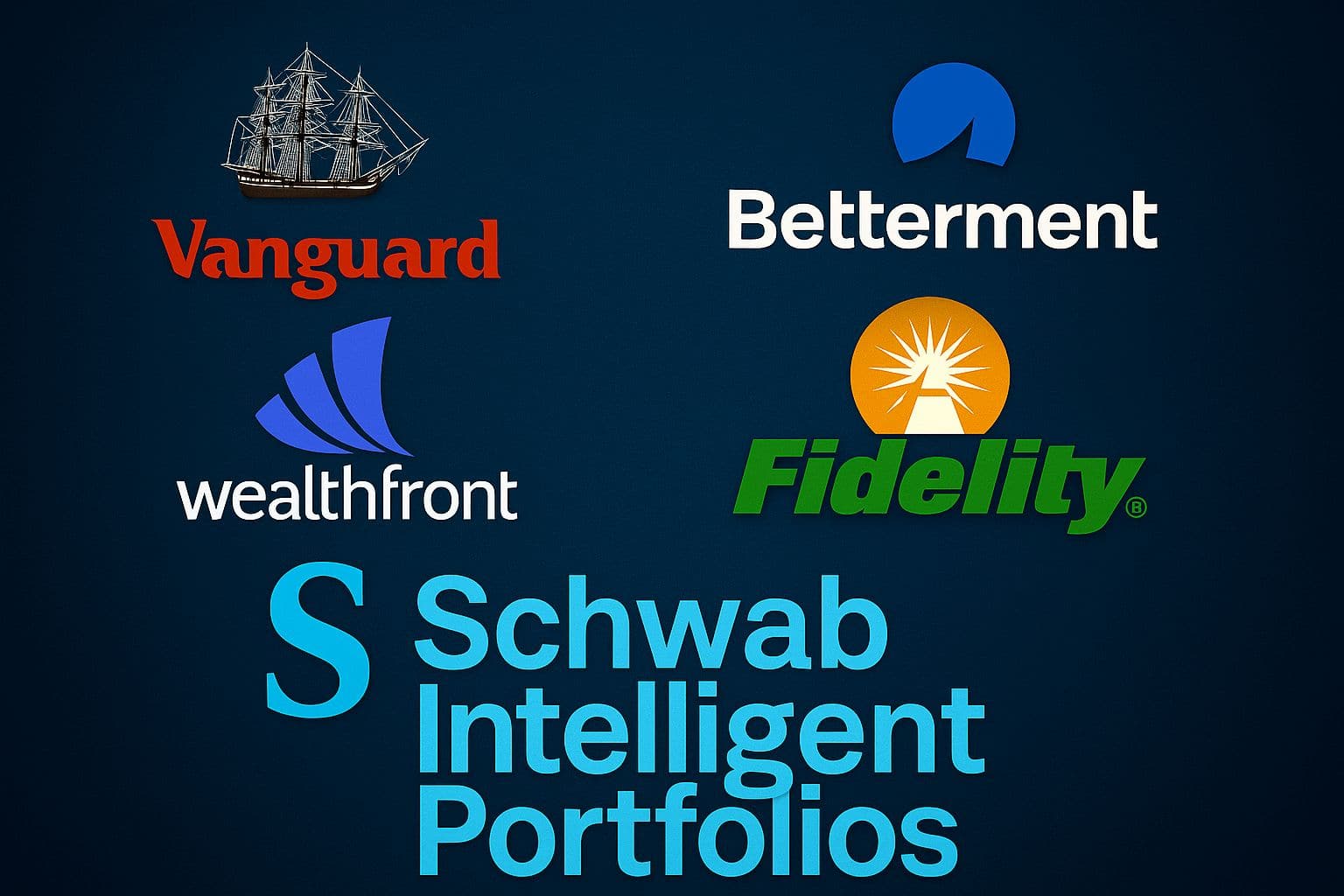What Are Managed Investments? A Beginner’s Guide for 2025
In today’s fast-evolving financial landscape, managing your money wisely is more important than ever. Whether you’re saving for retirement, building wealth, or just looking to grow your money beyond a traditional savings account, understanding your investment options is key. One increasingly popular approach is managed investments—a way to invest that puts your portfolio in the hands of professionals.
Table of Contents
ToggleInvesting Made Easy: The Rise of Managed Investments
In 2025, navigating the financial world is easier than ever — and that’s largely thanks to managed investments. Whether you’re a total beginner or someone looking to build a stress-free portfolio, understanding how managed investments work can be your key to unlocking long-term wealth. This guide will break it all down for you — without the confusing jargon.
What Exactly Are Managed Investments?
Managed investments refer to financial assets that are overseen by professional fund managers or automated platforms. Instead of you picking individual stocks, bonds, or real estate properties, a professional (or robo-advisor) does it on your behalf. Your money is pooled with other investors, and the fund manager makes decisions based on market analysis, investment goals, and risk tolerance.
Think of it like hiring a personal chef instead of cooking every meal yourself — you get a well-prepared financial “diet” based on expert recipes.
Types of Managed Investments in 2025
There are several types of managed investment options available today.Every option comes with its own set of strengths, trade-offs, and risk factors. Let’s take a closer look:
1. Mutual Funds
These are pooled investment funds actively managed by professionals who buy and sell assets to outperform the market. They’re great for beginners due to their diversification.
2. Exchange-Traded Funds (ETFs)
Most ETFs tend to mirror market indexes, but there’s been a noticeable rise in those that are actively managed by professionals looking to outperform the market.. They offer flexibility, low fees, and real-time trading.
3. Robo-Advisors
These smart platforms use AI to handle your investments, tailoring decisions to how much risk you’re comfortable with. Ideal for tech-savvy beginners and those who prefer a “set it and forget it” strategy.
4. Hedge Funds
These are aggressively managed funds usually accessible to high-net-worth individuals. They aim for high returns using complex strategies — not ideal for new investors, but worth knowing about.
5. Managed Accounts
You have a personalized portfolio professionally managed in your name — often offered by banks or investment advisors.
Why Managed Investments Make Sense for Beginners

There are several reasons why beginners love managed investments, especially in a fast-changing financial world like we have in 2025.
- Simplicity: No need to dive into every stock chart or follow market news like it’s your full-time job.
- Diversification: Your money is spread across many assets, reducing risk.
- Professional Expertise: Fund managers or algorithms optimize your portfolio.
- Time-Saving: Perfect for busy professionals or students.
- Low Barrier to Entry: You can start with as little as $100 on many platforms.
What Do You Pay For? Understanding Fees
Yes, there’s a cost. But it’s often worth it.
- Mutual Funds: Typically have an expense ratio of 1-2%.
- ETFs: Much cheaper — average expense ratios are under 0.5%.
- Robo-Advisors: Fees are around 0.25%–0.50% annually.
- Managed Accounts: May charge a management fee plus advisory fees.
Always check if the returns justify the fees. A low-fee investment that performs well is usually a better deal than a high-fee fund with mediocre returns.
Passive vs. Active: Which Management Style Wins in 2025?
Passive Management: Tracks indexes like the S&P 500. Lower cost, long-term approach.
Active Management: Tries to beat the market using expert knowledge. Can offer higher returns but comes with more risk and fees.
Which is better? In recent years, passive investing has outperformed active management for most retail investors. But in a volatile market, good active managers can still add value.
How to Choose the Right Managed Investment for You
Here’s a quick framework to help you decide what fits your financial goals:
Also, always consider:
- Your risk tolerance
- Your investment horizon (short vs. long term)
- Your personal interest in finance (hands-on vs. hands-off)
Top Platforms to Start With in 2025

Here are some of the most beginner-friendly platforms offering managed investment solutions globally:
- Vanguard – Low-cost ETFs and mutual funds.
- Betterment – Popular robo-advisor with automatic rebalancing.
- Wealthfront – Another strong robo-advisor with tax-efficient strategies.
- Fidelity – Offers actively managed mutual funds and robo options.
- Schwab Intelligent Portfolios – No advisory fees, automated investing.
Risks to Be Aware Of
No investment is 100% safe. Even with managed funds, market fluctuations can affect performance. Be cautious of:
- Hidden fees
- Over-diversification (yes, it’s a thing)
- Overdependence on robo-advisors
- Lack of liquidity in some funds
Make sure you understand what you’re investing in by reviewing the fund’s info or platform’s terms first.
What the Future Holds: Trends in Managed Investing (2025 & Beyond)
- AI-driven investing: Robo-advisors are becoming more sophisticated, using machine learning for better predictions.
- Green/ESG funds: Environmental and socially responsible investing is growing rapidly.
- Thematic investing: Funds focused on megatrends like AI, clean energy, and biotech.
- Fractional investing: You can now invest in portions of expensive funds or portfolios — making it more accessible than ever.
Key Takeaways: Should You Try Managed Investments?
If you’re new to the world of investing and want to start smart, managed investments are an excellent place to begin. With the variety of options available in 2025, you can find a strategy that suits your goals, time, and budget.
Whether you go with a low-cost ETF, an actively managed mutual fund, or a slick robo-advisor app, remember: the best investment strategy is the one you understand and stick with.
FAQs About Managed Investments
Managed investments are funds where professional managers invest your money into different assets like stocks, bonds, or real estate, aiming to grow your wealth over time.
When you invest in a managed fund, your money is pooled with other investors’ money. A fund manager then makes investment decisions on your behalf based on the fund’s goals.
Yes! Managed investments are a great option for beginners because they offer diversification, professional management, and reduce the pressure of picking individual stocks.
There are several types, including mutual funds, exchange-traded funds (ETFs), index funds, and hedge funds, each with different risk levels and goals.
Not necessarily. Many managed funds allow you to start with a small initial investment, sometimes as low as $500 or even less.
Yes, like any investment, there is always some risk. However, managed investments are often designed to balance risk and reward depending on your chosen fund.
Consider your financial goals, risk tolerance, investment timeline, and research different fund managers and their past performance before investing.
It depends on your experience, time, and interest in managing investments. Managed funds offer convenience and expertise, while DIY investing gives you full control.
You can start by researching trusted fund providers, consulting with a financial advisor, and setting clear financial goals for your investment journey.
Be part of the FinanceCult community


